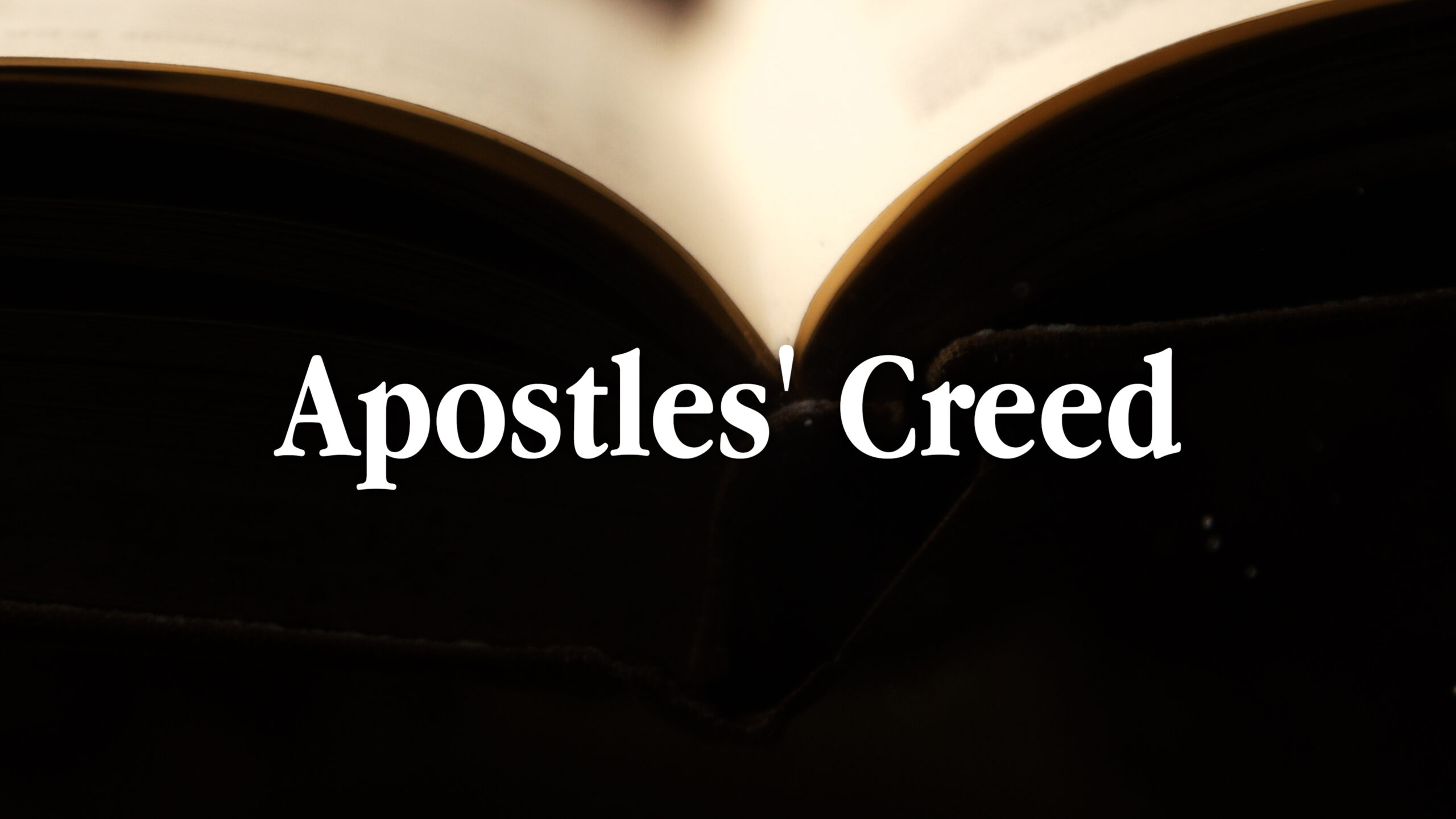
The Apostles’ Creed is one of the most enduring statements of faith in Christianity, serving as a foundational summary of core Christian beliefs for nearly two millennia. For pastors, worship leaders, and church communication directors, the Apostles’ Creed offers an essential tool for guiding congregations in affirming their faith, connecting with the historic church, and grounding themselves in the unchanging truths of Scripture. This creed has been recited by countless Christians over the centuries and remains a profound declaration of the faith we share today.
What is the Apostles’ Creed?
The Apostles’ Creed is a concise summary of fundamental Christian doctrines, especially focused on the nature of God, the life and work of Jesus Christ, and the role of the Holy Spirit. The origins date back to the early church (circa 2nd-4th centuries), so the creed was not directly written by the apostles themselves. Instead, it reflects the teachings that were passed down from the apostles and was used as a baptismal confession of faith in the early Christian church.
The Text of the Apostles’ Creed
“I believe in God, the Father Almighty,
Creator of heaven and earth.
I believe in Jesus Christ, His only Son, our Lord,
who was conceived by the Holy Spirit,
born of the Virgin Mary,
suffered under Pontius Pilate,
was crucified, died, and was buried;
He descended to the dead.
On the third day He rose again;
He ascended into heaven,
and is seated at the right hand of the Father.
He will come again to judge the living and the dead.
I believe in the Holy Spirit,
the holy catholic Church,
the communion of saints,
the forgiveness of sins,
the resurrection of the body,
and the life everlasting. Amen.”
The Core Purposes of the Apostles’ Creed
- Affirming Core Beliefs The Apostles’ Creed clearly affirms essential Christian doctrines, such as the Trinity, Christ’s incarnation, His death and resurrection, and the promise of eternal life. Reciting the Creed reminds believers of the core beliefs that unite us, especially in a world where cultural values are constantly shifting.
- Fostering Unity Among Believers One of the most beautiful aspects of the Creed is its ability to unite Christians across denominational lines. Whether Roman Catholic, Anglican, Lutheran, or Reformed, this Creed serves as a unifying declaration that transcends differences. Using it in worship services can deepen the bond of unity among congregants, reminding us that we are all part of the same body of Christ.
- A Tool for Teaching and Discipleship Historically, the Apostles’ Creed has been used as a catechetical tool, particularly for those preparing for baptism or confirmation. For pastors and church leaders, it serves as a structured resource for teaching the basics of the Christian faith. Its simplicity ensures that the essential doctrines are accessible and easily understood.
- Defending Against False Teachings In the early church, the Creed functioned as a safeguard against heresies that could distort the gospel message. By outlining the essentials of faith, it protected the church from false doctrines. Today, using the Apostles’ Creed in teaching can help congregants stay rooted in biblical truth, especially in an age where misinformation can easily spread.
Incorporating the Creed in Worship
The Apostles’ Creed can enrich worship services, especially during reflective moments like Communion or Baptism.
Here are some ways to incorporate it:
Use it as a responsive reading to encourage congregational affirmation.
Include it in the sermon series to deepen the understanding of core doctrines.
Share it in your church’s discipleship programs to help new believers root their faith in biblical truth.


